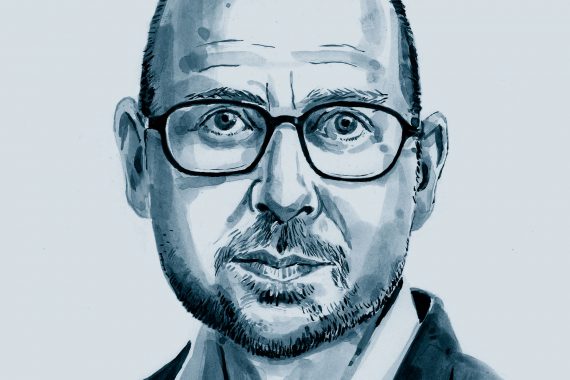New GPs face a baptism of fire – we must think differently

I remember when we had phone boxes that took 2p pieces, fruit that only came in cans (we generally discarded the fruit and drank the syrup), margarine, lolly sticks stuck in bike spokes, home taping, smoking on buses, football casuals, random street violence, two-bar fires, Betamax tape video recorders, the overnight bus to London, launderettes and I especially remember hating boring Sundays. I should also remember that no one actually cares about any of this. People care about the now.
I also remember being a GP trainee.
I got vomited out of medical school and then eventually spewed out of my GP trainee years. Was I prepared for full-time general practice and out-of-hours work? I was experienced by modern standards, but 100% I was not. I made errors, there was little support and it was very isolating. When I think about it even now, I can touch the stress. It took me a further five years after training to become a competent GP. There wasn’t an option, just put up and shut up.
Modern training actually hasn’t changed much. Trainees spill out of training ill-prepared for the swirling throttling chaos that is the current working life of a GP. And this chaos is fuelling the current recruitment problems in general practice. Post training there is no structure, no career path and the available opportunities just seem isolating and limiting to many GPs. Who wants to be in small practice where you never see anyone (especially anyone your own age). Where the admin staff are too afraid to knock on your door and feel unable to call you by your first name. Where you have to dress like your grandma.
The height of your postgraduate training is some drug rep’s curling sandwiches or a droning monologue from a consultant spouting unrealistic, impractical and irreverent dogma about conditions he knows nothing about in a primary care setting. Many newly trained GPs think this simply isn’t what they signed up for at the age of 18.
So here’s an idea. Lots of the universities offer GP academic fellowships and these positions are oversubscribed (even if the feedback is decidedly mixed). There clearly is a real appetite for more support and continuing education after GP training. Why not offer something similar targeted at GPs who have just completed their training?
We have coined the fantastically unimaginative job title for this position of a ‘GP internship’. Our practice is offering these GPs seven clinical sessions and two educational sessions a week. Pay is better than that offered by universities. We are offering a £5K educational budget, paid indemnity and attendance at the RCGP conference.
The intention is that the time and money is used by new GPs to pursue relevant Diplomas (or even complete research projects or clinical improvement initiatives). All this within the protection of a large training practice environment. They will be free of the relentless fake reflection and the hoop jumping of their training years. They might actually have an opportunity to learn some practical skills!
Now this is just one idea. What is certain is we need some new thinking and ideas about what is on offer to trainees when they finish for partnership: simply offering salaried or locuming options isn’t working. This is the here and now, and now is the time for action.
If not we might in the future reflect that we remember something called general practice.
Dr Des Spence is a GP in Maryhill, Glasgow
Pulse July survey
Take our July 2025 survey to potentially win £1.000 worth of tokens











